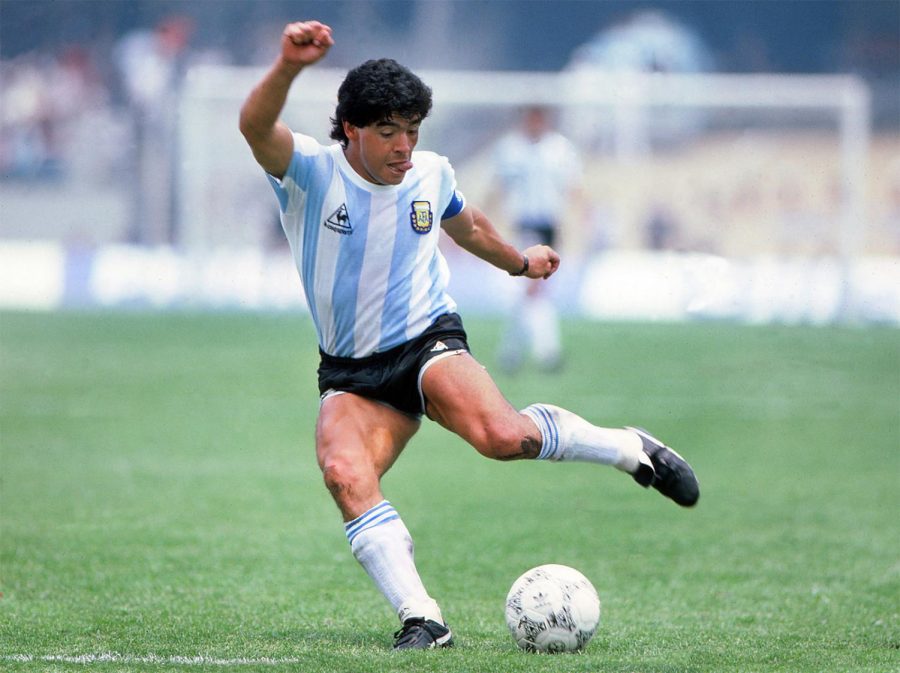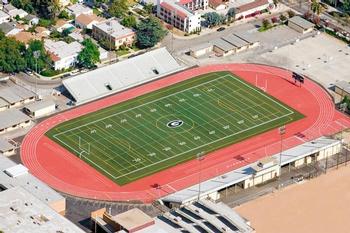Diego Armando Maradona was born on October 30, 1960 in Lanus, Argentina. FIFA named him as the joint best player of the 20th century, along with the “king of soccer,” Pele. This and many more trophies, awards, and titles illustrate the legacy that he left behind him. Maradona died on November 25th, 2020 due to a heart attack at the age of 60 in Tigre, Argentina.
During his legendary career, Maradona played for many famous clubs including Barcelona, Napoli, Boca Junior and the Argentinian national team. In those years, he won numerous league titles and cups. The most important trophy of his career came in 1986, when he won the World Cup for Argentina and became a national hero.
However, Maradona’s personal life was completely different from the tremendous career he had, filled with scandals regarding alcohol and drugs. He had a unique character of a warrior who had no fear or complexity, and it didn’t bother him on the pitch where he created his magic.
Although I was not able to see him play in real life, it is unquestionable that he was the best player of his generation, who inspired millions of people around the world. He was the kind of player that could change the outcome of important games, taking any chance he could.
This fact was shown in many games, especially against England during the glorious World Cup where he scored two of the most famous goals of his career. One of them came after he dribbled through the entire English squad, including the goalkeeper, from the half line and made his legendary “Hand of God” goal. It was the quarter-finals of the World Cup when he jumped against the English goalkeeper and with the help of his hand, imitating a shot with his head, he scored a goal and sent Argentina through to the semi-finals.
Maradona’s legacy will always be remembered for his incredible career and impact on soccer. He will surely stand as one of four best soccer players in the history of soccer and will inspire future generations to follow his example.









